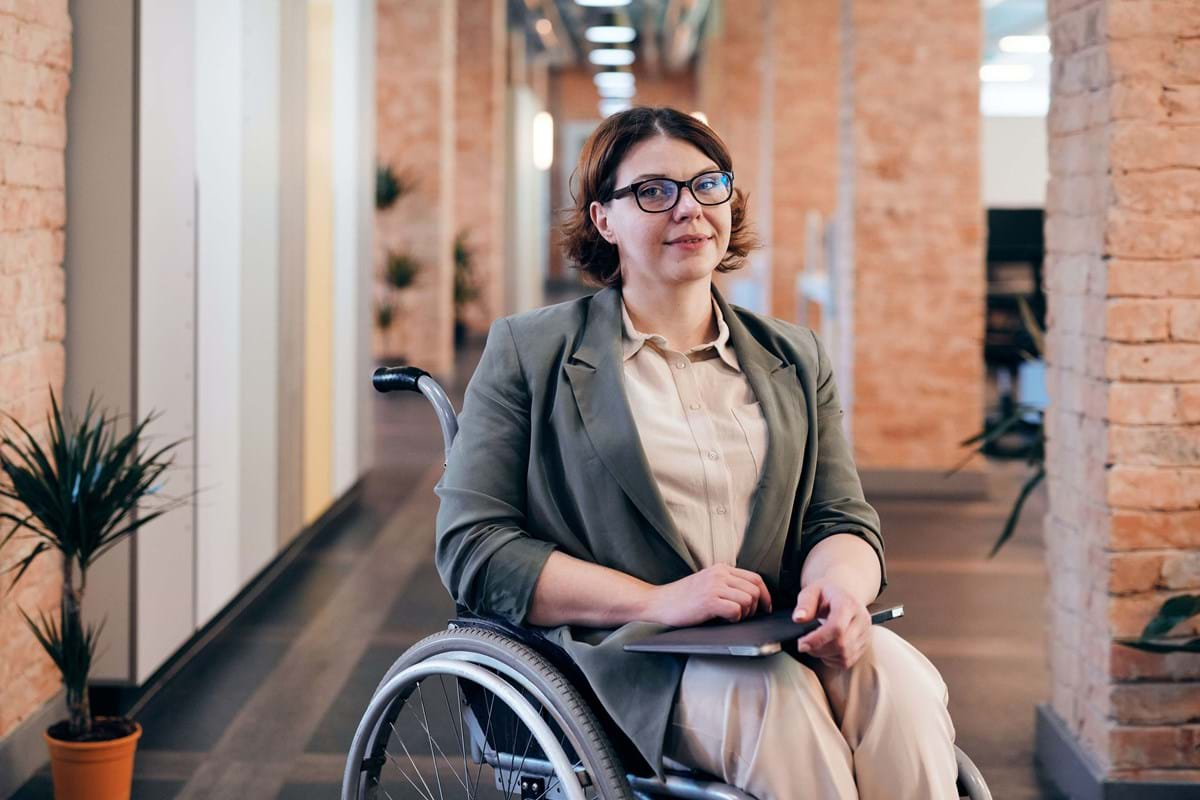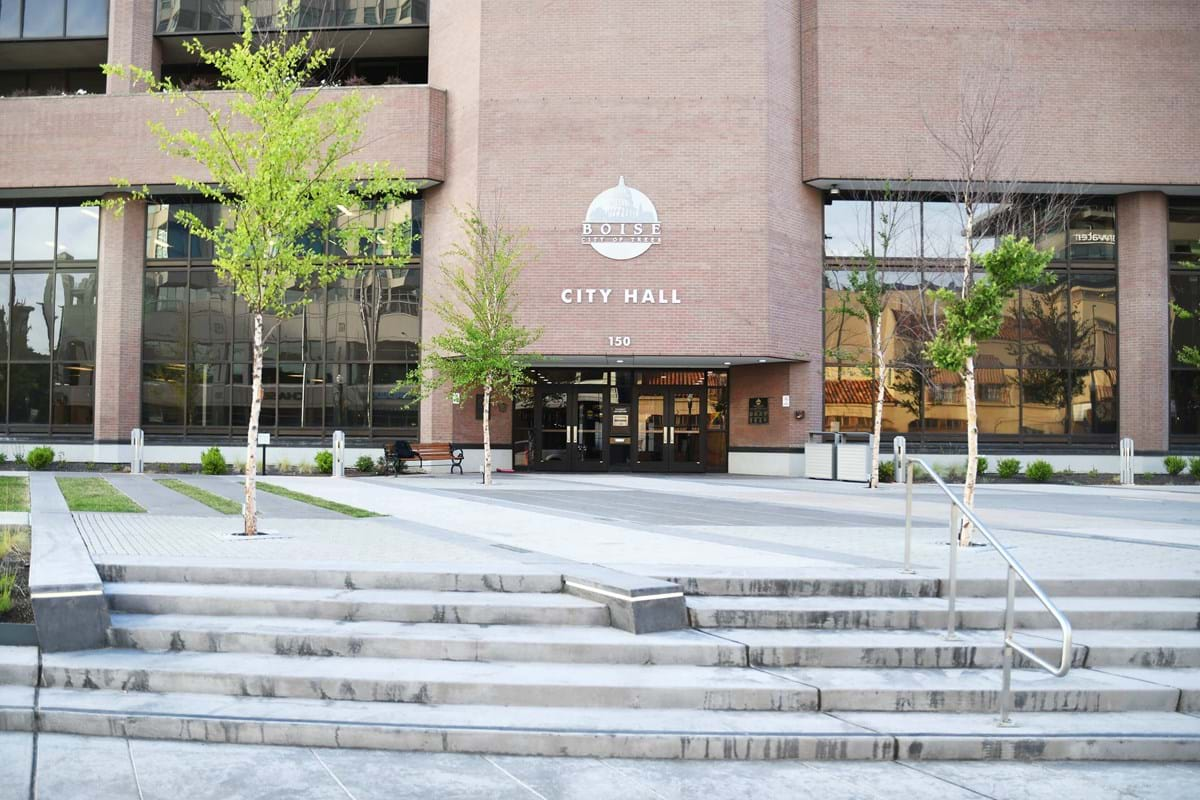City of Boise Self-Evaluation of Non-Discriminatory Policies, Practices, Services and Activities
To more holistically research and assess the City of Boise’s current programmatic state, city leadership decided that an internal resource, the Community Accessibility Manager, would generate more in-depth findings and best support ongoing improvements. The City of Boise’s Community Accessibility Manager worked with departments to undertake a comprehensive assessment of their policies, practices, and procedures to determine compliance with the requirements of the ADA. The review and recommendations provided in this assessment go beyond compliance to help build a culture of inclusivity and barrier-free access that fosters a welcoming environment.
This assessment was primarily obtained by an online “Accessibility Self Evaluation” survey, developed by the Community Accessibility Manager. The survey was distribute in two categories: pilot and non-pilot departments. Pilot departments included: Human Resources, Arts & History, Department of Finance & Administration, and Parks & Recreation. Non pilot departments included: Community Engagement, Boise Fire, Planning & Development Services, Library, Mayors Office, Legal, Information Technology, and Boise Police. This structure allowed for feedback from the pilot departments prior to tasking all remaining departments with the survey. This survey was taken by representatives of all departments. Additional information was collected via complaint resolution and feedback from community members. Final survey questions asked of all remaining departments regarding their policies, practices, and procedures can be found in “Accessibility Self Evaluation (Non Pilot Depts).” Responses by department can be found in “Accessibility Self Evaluation Responses (Pilot Dept)” and “Accessibility Self Evaluation Responses (Non Pilot Dept).” Responses for the Boise Airport and Public Works can be found in “Accessibility Self Evaluation Responses - Airport” and “Accessibility Self Evaluation Responses - Public Works.”
Based on staff responses it is clear the city understands its obligations under Title II of the ADA, but additional steps for a holistic approach are needed to ensure that people with disabilities enjoy equal opportunities to participate in all programs and services.
This report is divided into sections where each section includes the applicable citation from Title II of the ADA, summary of findings based on the “Accessibility Self Evaluation” responses, and recommended action items for implementation.


